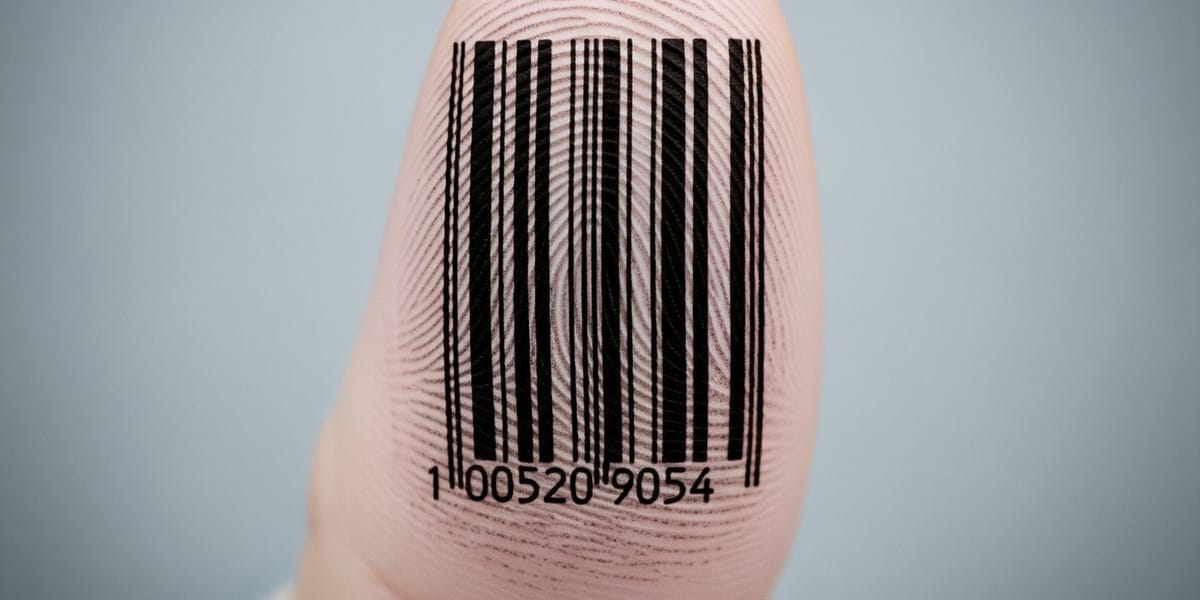The Unverifiable User
The push for online age verification, born from a desire to protect, creates the tools of control. When our digital lives are tied to our government IDs, free speech becomes a permanent, searchable record, and the web becomes a panopticon.

The Verge: The messy, glorious, and highly solvable problem of online age verification
The argument for universal online age verification always begins from a place of sound intention: the desire to protect children from the web's darkest corners. It is a noble goal, and on the surface, a logical one. But the road to a sanitized internet is paved with the infrastructure of surveillance, and when it comes to free speech, the risks will always outweigh the rewards. The tools built to protect are invariably turned into tools of control.
Consider the recent reports of the State Department using AI to scour the social media of foreign students for any sign of "extremist" sentiment, with the power to revoke their visas based on what they find. The message is explicit and chilling: your online speech has real-world, life-altering consequences. This isn't a hypothetical slippery slope; it's the valley we find ourselves in. The system required to verify every user's age - linking our digital lives to our government IDs - is the same system that would make this ideological policing seamless, scalable, and inescapable for everyone.
The ultimate cost is the death of anonymity and the birth of the permanent, traceable record. A credentialed internet is one where every click, every comment, every fleeting thought can be traced back to your government ID - forever searchable. It’s a world where access to communities and information isn't determined by your curiosity, but by what a government agency deems "appropriate”. We are being asked to trade the messy freedom of the open web for the sterile, supervised safety of a digital panopticon.




